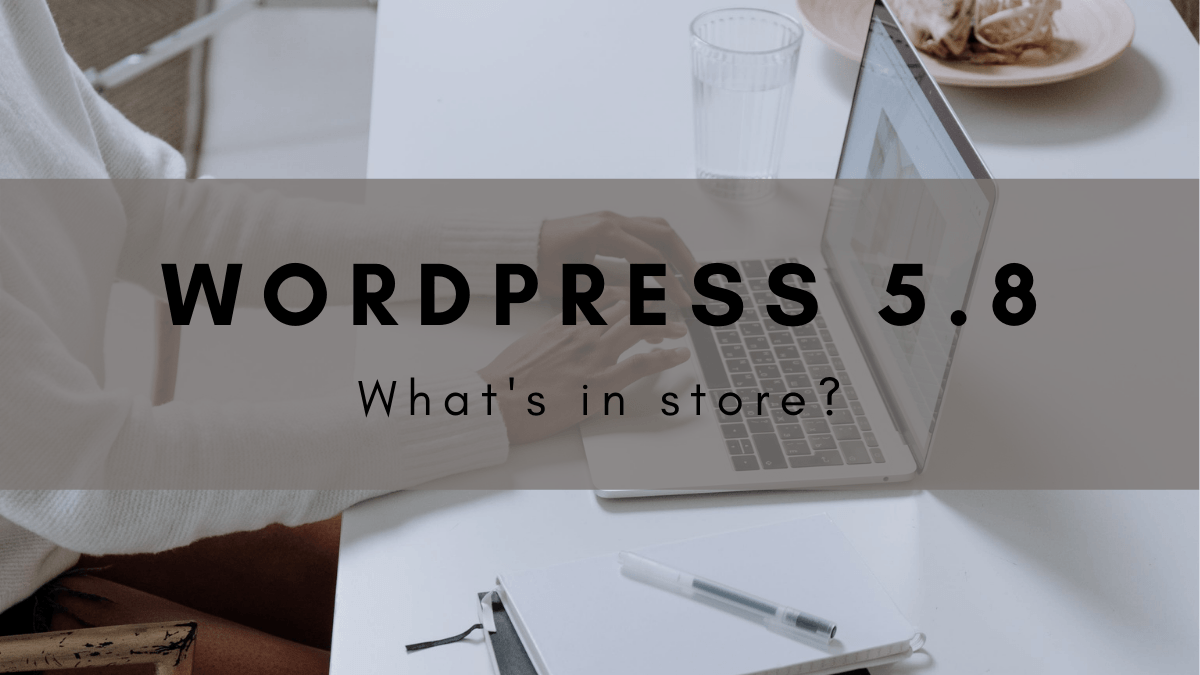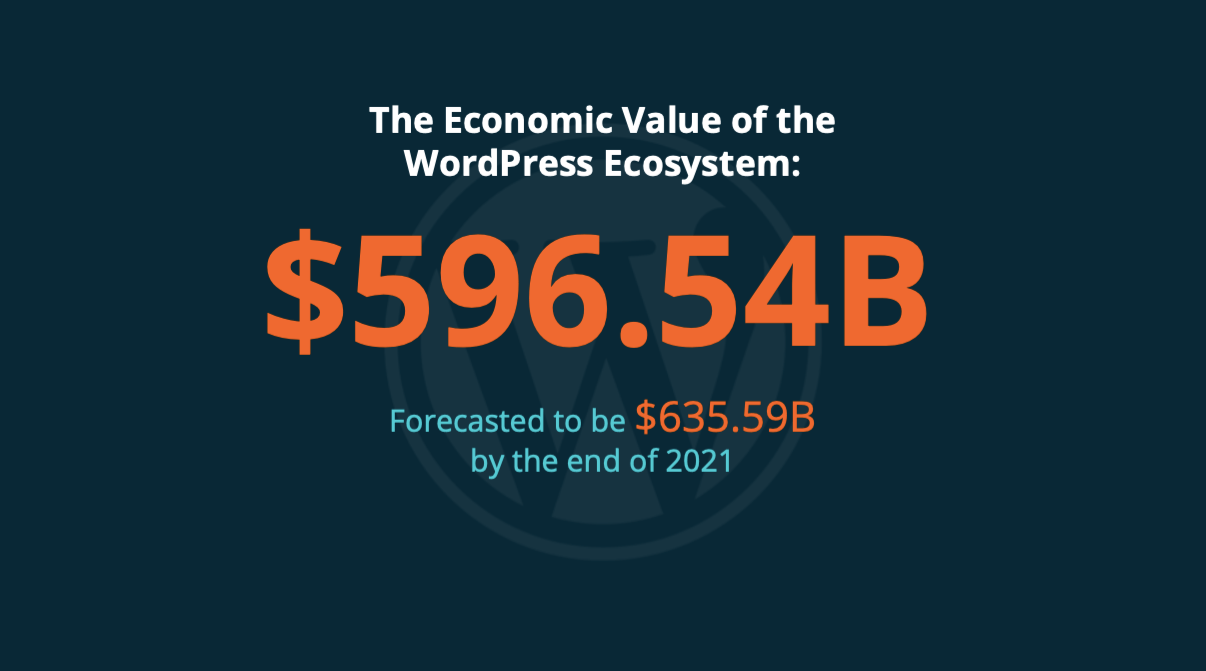With the next big WordPress release (5.0) planned to go live before the end of the year, the world of WordPress has ramped up preparations for Gutenberg’s arrival and we’re seeing more and more plugins and themes prepare for the new era of WordPress.
Gutenberg is gradually being rolled out to WordPress.com users, many of who now have the option to test out Gutenberg by selecting the trial in their dashboard. Self-hosted WordPress users will likely have spotted that they already have this option, and many have opted to try Gutenberg ahead of its formal integration into WordPress core. Of course, if you do want to try Gutenberg ahead of time we suggest trialling it on a staging or test site first.
WordPress 4.9.9 is tentatively scheduled for a November 5th release and promises a few slight changes, as you’d expect from a minor release. The main affair here is, of course, Gutenberg preparation, and the 4.9.9 Release Roadmap post shared details of the areas of focus:
We are collecting the tickets that should be processed for laying the groundwork for the upcoming Gutenberg merge. The tickets that have been proposed by the Gutenberg team so far are:
- user locale support in REST API endpoints – https://core.trac.wordpress.org/ticket/44758
- endpoints to lock/unlock and release posts – https://core.trac.wordpress.org/ticket/44862
Finally, Yoast SEO 8.2 has hit the web and the team have integrated new features to help Yoast SEO work seamlessly with Gutenberg. The team explains more over on their release post:
While we’re still only at the start of the Gutenberg adventure, we’re presenting an awesome, brand-new feature for the new WordPress editor today. Meet the Yoast SEO structured data content blocks! The content blocks automatically add valid structured data code to the content that is added to these blocks. Our initial line-up consists of How-to and FAQ content blocks, plus address and map blocks for our Local SEO plugins, but we’re looking to add more in the future.



